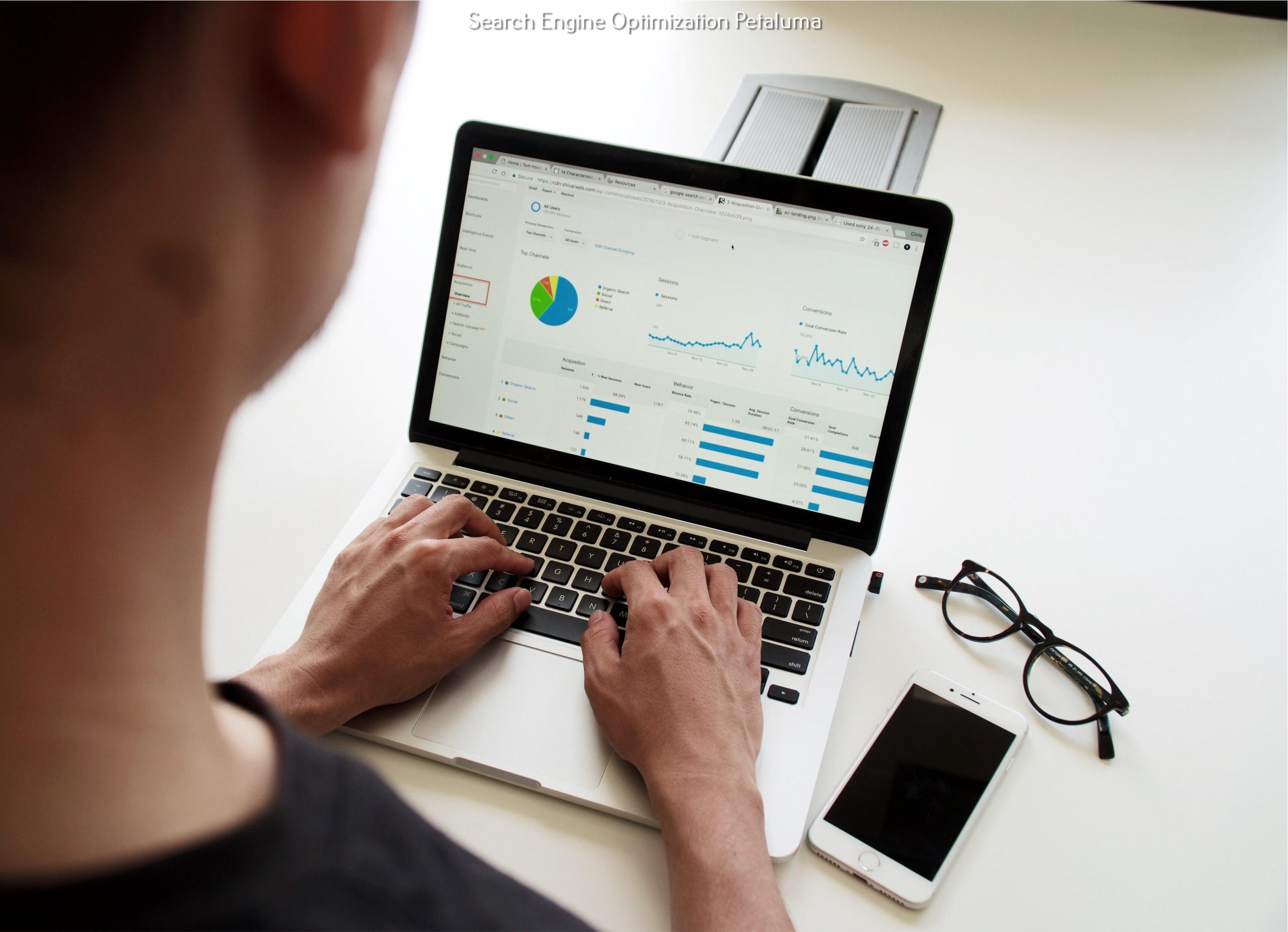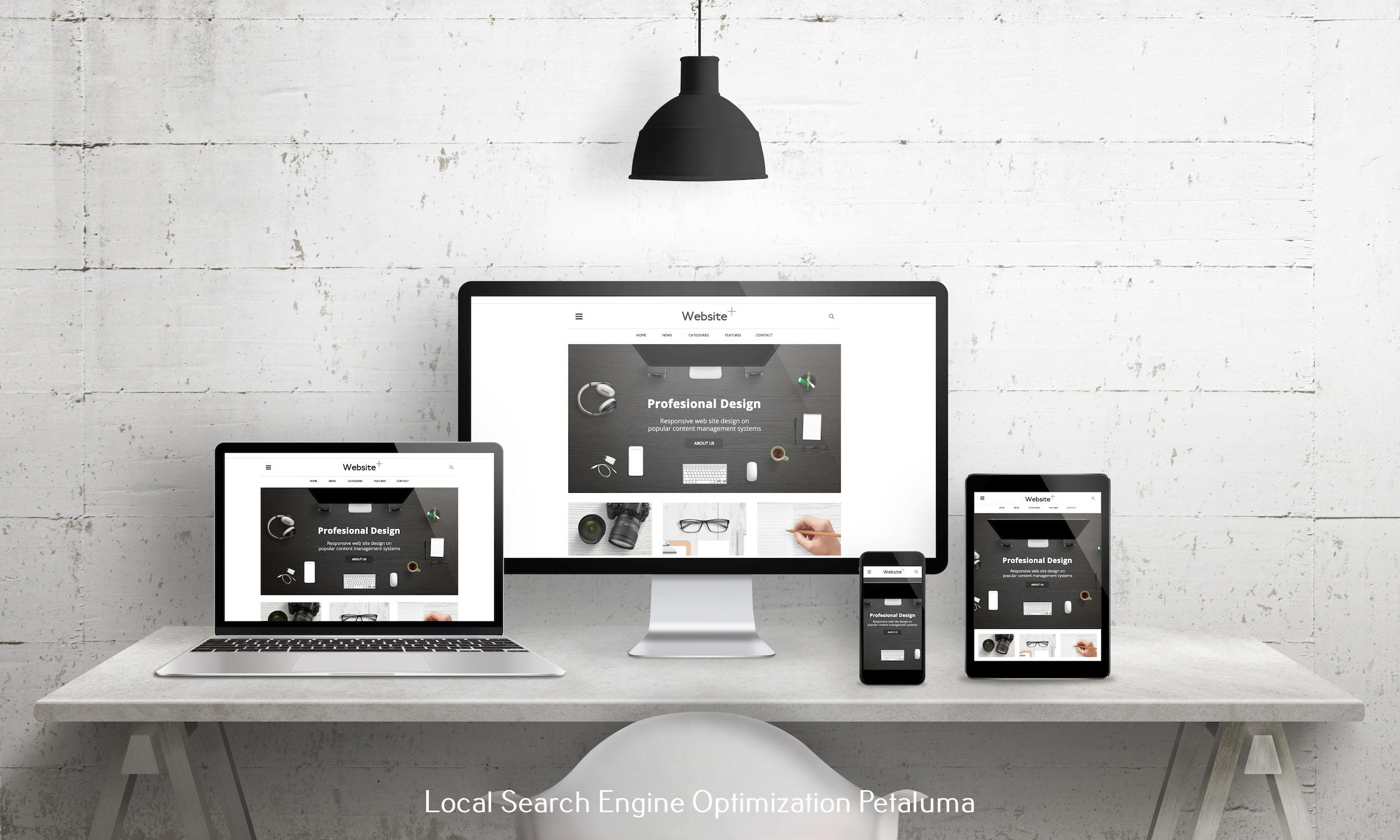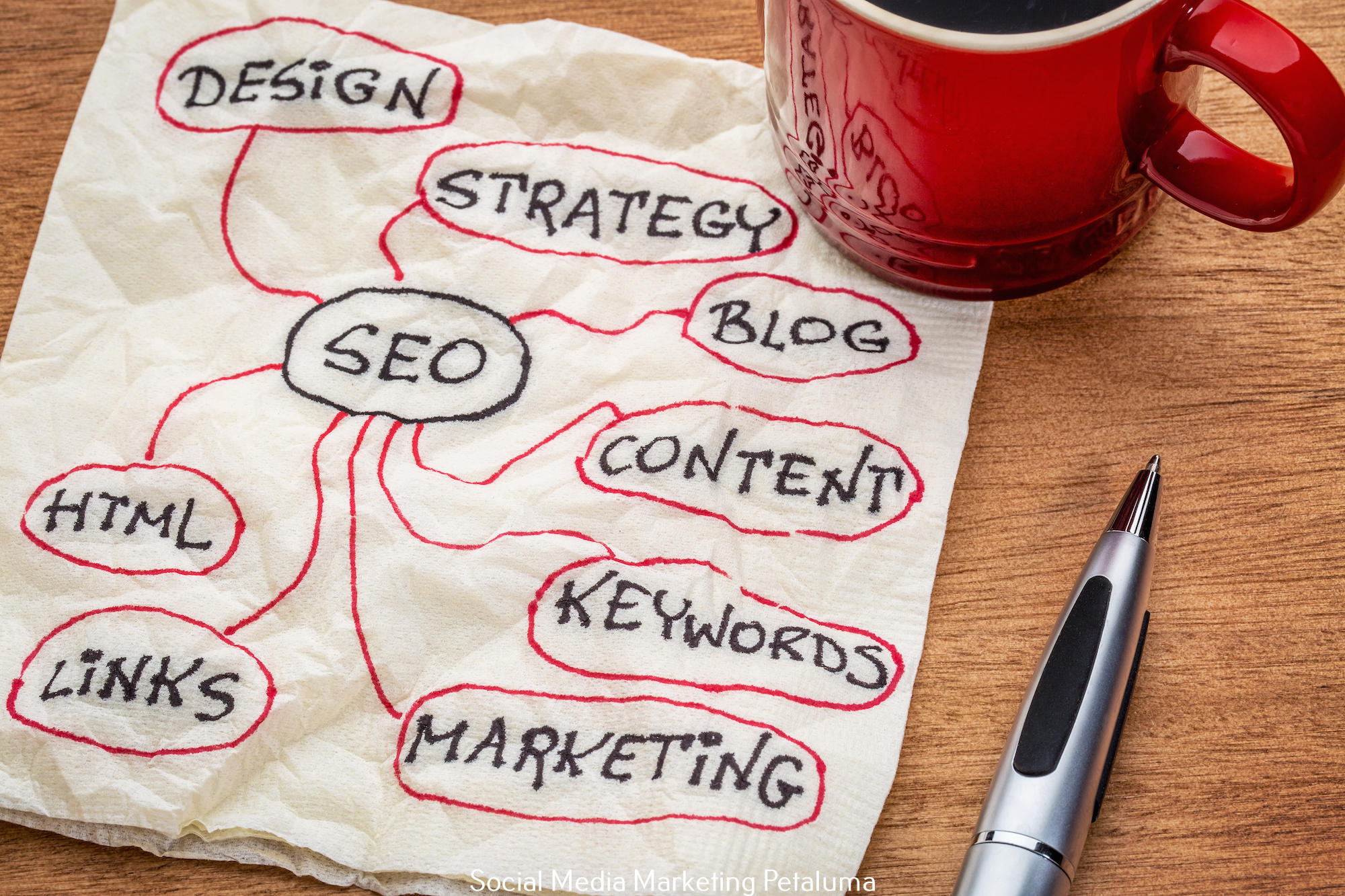It is a fact that no one likes slow websites. People have higher expectations from website performance than ever before, and a slow website will quickly drive away visitors, potential customers, and even search engine rankings. You don’t want your pages to take more than three seconds to load – so here are some simple steps you can take to make sure your site performs as fast as possible.
Check Your Hosting
The first thing you need to do is make sure the hosting package you have chosen is up to the task. A shared hosting package may be fine for a small site with low traffic, but if your website receives a lot of daily visitors then it might be time to upgrade your hosting plan. For example, if you are using a shared plan but find yourself struggling with page loading speeds then it might be time to switch over to a VPS or dedicated server package that is better equipped for handling more traffic-intensive sites.
Enable Caching
Enabling caching on your website can help boost performance significantly. Caching works by storing versions of webpages in an easily accessible format so they load faster when requested by users or search engine bots. This reduces the amount of bandwidth used and also eliminates the need for some of the more intensive server-side calculations like database queries and HTML rendering every time someone visits the page.
If you are using WordPress then there are several caching plugins available that can help speed up loading times dramatically. W3 Total Cache and WP Super Cache are both popular options that work well with many types of websites and blog setups. Of course, if you don’t feel comfortable dealing with caching plugins then it might be worth consulting an expert who can set everything up for you properly without any issues.
Minify Resources
Another way to speed up your website performance is by minifying resources such as JavaScript, CSS files, HTML documents etc… These files often contain unnecessary whitespace or comments which add extra weight without adding any value during runtime – resulting in slower page loading times due to inefficient file sizes being sent over the web server connection(s).
Minifying these resource files will reduce their size while maintaining their functionality – but if you don’t feel comfortable doing this manually then there are several online tools available like YUI Compressor or Google Closure Compiler which can automatically minify various web languages in just a few clicks (or taps).
Use Content Delivery Networks (CDNs)
CDNs (Content Delivery Networks) provide another layer of optimization when it comes speeding up loading times on websites hosted on far away servers from users’ actual locations around the world – which usually results in slower loading speeds due poor latency between user requests and server responses across vast distances between them both geographically speaking).
CDNs solve this problem by having data centers located all around the globe which serve content much closer geographically speaking than traditional hosting packages allow – making overseas visitors experience faster response times while accessing content hosted on CDN networks compared ones hosted entirely on physical servers alone located somewhere else around the world far away from them geographically speaking again .
Compress Images & Video Files
One final tip for improving website performance is compressing image & video files before uploading them onto your server/website platform itself – as large media files take longer than usual text-based ones do load properly within browsers after being requested/served from servers back into user computers/devices again depending on what type of device they use at any given time during visits etc..
By compressing these larger media assets beforehand before uploading them online onto websites – this will decrease their file sizes dramatically (without compromising image/video quality too much) thus lowering page loading times even further again due less bandwidth being consumed overall within entire processes involved in delivering these assets back into user computers/devices after initial requests made from same devices into respective servers where content lives before being served back into devices once again after original requests made from same devices themselves during each separate visit altogether .
Conclusion
Websites should always strive for fast loading speeds as people expect fast responses nowadays more than ever before–and one way of achieving this goal is taking advantage of all available optimization methods out there such as enabling caching plugins, minifying resources & compressing images & video assets etc… All these steps together should result in lower page loading speeds while still maintaining expected user experiences across different devices used during visits as well .






































0 Comments